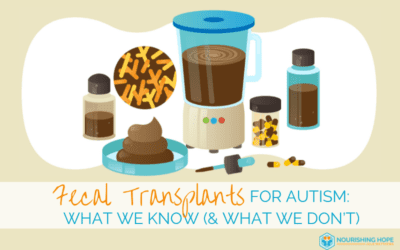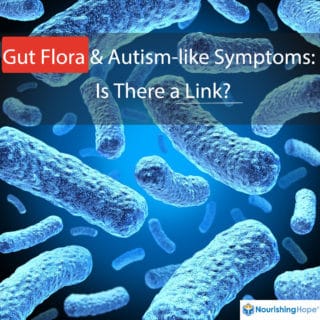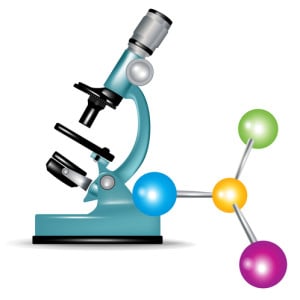Digestion/Microbiome
Diet and nutrition are essential for good health, and this is especially true for digestive health. Food directly affects the gastrointestinal system, and can cause digestive symptoms. Additionally, the gut and brain are connected. The health of the gut can affect children’s health, as well as their mood, learning, and behavior. Digestive issues such as diarrhea, constipation, gas, bloating, and pain are very common in children with autism, ADHD, and other conditions.
Explore our articles on diet and nutrition intervention for digestive disorders and improving digestive symptoms.
How Diet Affects the Microbiome and Autism
The microbiome in autism is an avenue of important research. Studying the differences in microbiome composition for individuals with an autism diagnosis is yielding valuable insight. Here’s some recent research on the microbiome and children’s health, including kids...
Boosting Immune Health, Gut-Brain Harmony, Growth, and Cognition with Nutrition for Neurodivergent Children
In this article on the nutrition research, we delve into five compelling studies that shed light on the interconnected realms of immune health, gut function, mental well-being, and growth during crucial developmental stages. Our exploration begins with an in-depth...
12 Benefits of Gelatin
What is Gelatin Exactly? Simply, gelatin is COOKED collagen. Gelatin is the basic ingredient is used to make foods “gel”. Gelatin is found in bone broth, but also manufactured into a powder/granulated form and added to make gummies, gelatin desserts, and more. This...
The Gut Brain Axis in Autism [A Study Review]
The gut-brain axis is a well established connection suggesting that the intestinal microbiota (the good bacteria in our gut) signal to the brain in a myriad of ways. This delicate balance of gut microbes can influence emotional development, modulation of stress and...
Fecal Transplant for Autism: What We Know (& What We Don’t)
When it comes to emerging treatments to address symptoms of autism, few things have garnered the attention (or Google searches) as the fecal transplant. This treatment gained the spotlight in early 2019 after researchers in Tempe...
Help Your Child: How to Reduce Tummy Aches and Heal the Gut
Gastrointestinal Problems and Developmental Delays Gastrointestinal problems and developmental delays are often connected. According to one study, children with autism, as well as ADHD and other developmental delays, have higher rates of medical conditions than their...
One specific species of bacteria may help reverse autism-like symptoms in mice
A new study links autism-like social behaviors in mice to the absence of a single species of bacteria [1]. What’s even more interesting is that the study authors were able to reverse some of the mice’s behavioral deficits by restoring those bacteria in the guts of the...
Our Gut Bacteria Affect Our Risk of Gluten Intolerance
Nutrition Research Review Researchers wondered why only 2% to 5% of genetically susceptible individuals develop celiac disease. It turns out our gut microbiome may affect our risk of gluten intolerance. In...
Coconut Oil Reduces GI Colonization by Candida Albicans
Nutrition Research Review A study out of Tufts University found that coconut oil effectively controlled the overgrowth of Candida albicans (C. albicans) in mice. The research suggests the possibility of using coconut oil as an effective dietary approaches and an...


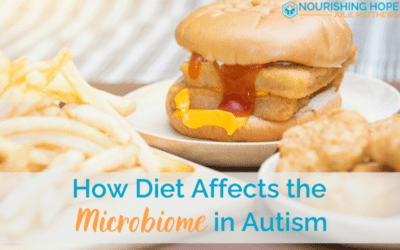
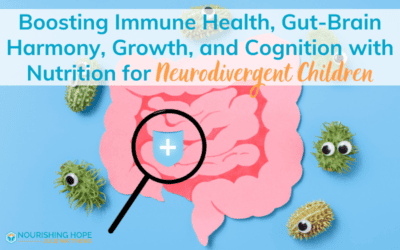
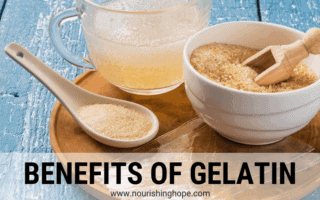
![The Gut Brain Axis in Autism [A Study Review]](https://nourishinghope.com/wp-content/uploads/2019/08/Nourishing-Hope-Featured-Graphics-3-400x250.png)
